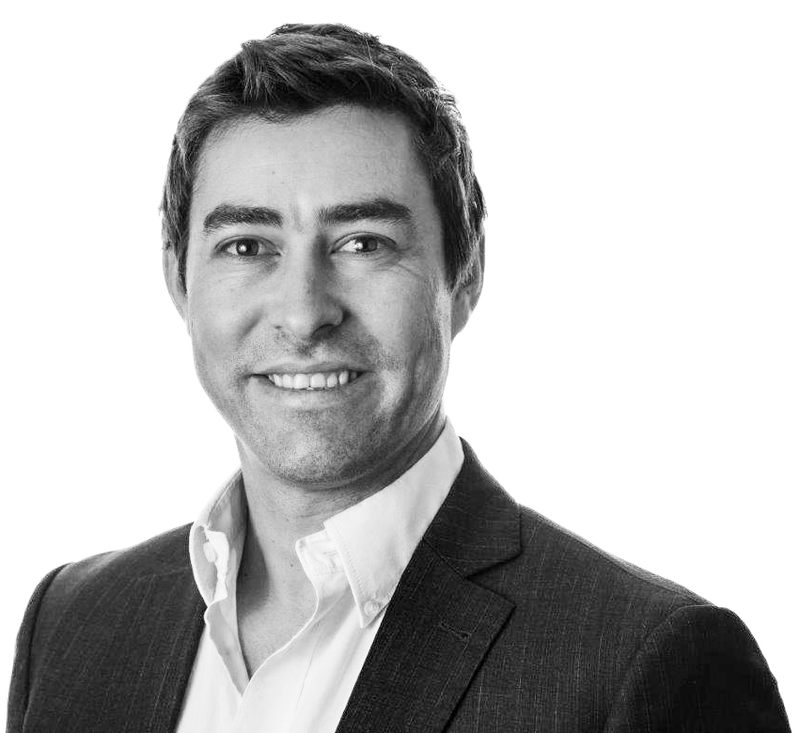This follows Steinhoff’s earlier announcement that it has agreed to pay around US$800 million for London-listed discount retailer Poundland, whose shareholders approved the deal on 7 September this year. In July, Steinhoff said the group had taken a 50% stake in leading French bedding manufacturer Cofel – a subsidiary of the Pikolin Group. With a 29% share of the French mattress market, Cofel makes over a million mattresses a year and boasts a turnover of €200 million per year.
On 29 August this year, Steinhoff also announced the acquisition of Tekkie Town, a successful South African-based retailer of quality branded school, lifestyle, leisure and sports footwear and accessories. It operates out of 302 stores in South Africa and will complement Steinhoff’s general merchandise footprint in Southern Africa.
Because of its sustained and stellar share appreciation, Steinhoff has been one of Sanlam Private Wealth’s core investments in our clients’ portfolios for over four years. Since 2012, the company has delivered returns of over 300% where all dividends and rights issues have been invested. Earlier this month, Steinhoff reported results for the 12 months to June 2016, with revenue increasing by 33%, operating profit by 32% and group margin maintained at 11.3%. New shares in issue increased by 4.5% (due to convertible bonds and capitalisation share awards), which has diluted the share price.
The European businesses improved during the period, while the Southern African operations came under pressure mainly due to a weaker rand. Earnings per share came in slightly below estimates. Management remains confident of improving margin through further increased efficiencies in its integrated supply chain, adding relative scale within its business through strategic product categories and increasing its operating leverage by growing store footprint and market share growth.
The share offers a great rand hedge opportunity for South African investors. Currently, 68% of Steinhoff’s revenue is generated outside South Africa, and with the new acquisitions, this figure is set to increase to 74%.
On 13 September this year, Mattress Firm shareholders approved Steinhoff’s offer for US$64.00 per share in cash. We believe bringing Mattress Firm into the Steinhoff group will provide the US company with better negotiating power as well as the potential for considerable cost synergies. For the rest of the Steinhoff group, Mattress Firm will provide Steinhoff with a 25% market share in the US mattress industry and access to a nationwide platform in the US market. This could allow Steinhoff to introduce other formats to the US in the longer term.
Acquiring Mattress Firm will result in Steinhoff deriving about 20% sales and 11% of its profits from the US market. An area of concern is that Steinhoff’s management team has limited knowledge of this new market. However, the group intends to retain Mattress Firm’s existing management, which will certainly help.
We expect that the deal will increase Steinhoff’s earnings per share, but it will be interesting to see how Steinhoff will finance it. The possibility for an equity capital does exist, but management has not given any indication. The company has indicated it would like to maintain its credit rating, which could come under threat with more debt on the balance sheet. For this reason, we think Steinhoff is likely to refinance much of its bridge loan funding component with an equity issuance.
For us at SPW, Steinhoff still provides value to our investors. The group focuses on retailing in the lower to mid-level income market. Within this space, competition is fierce and the margins low, and for this reason, market share is crucial. Steinhoff is consistently acquiring market share and we see the group continuing with this trend.
In terms of its business model, the group controls the complete supply chain – from raw product to shelf space – and it is within this chain that Steinhoff adds to the bottom line. Synergies and bargaining power are the two key drivers for potential margin improvement from the newly acquired companies, as well as the roll-out of Steinhoff’s complementary businesses, such as Eastern European discount retailer Pepco, with its higher margin, into these new markets.
